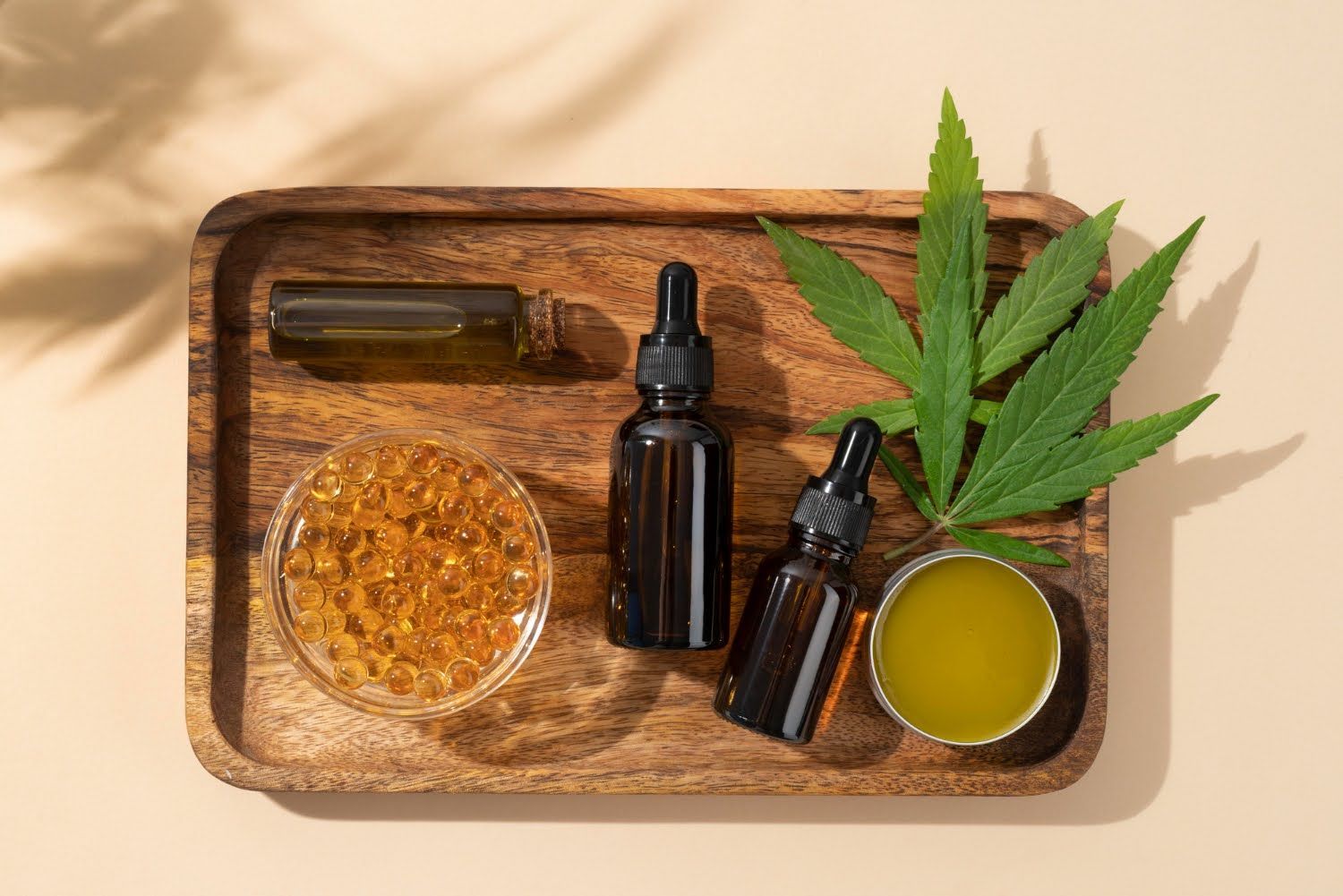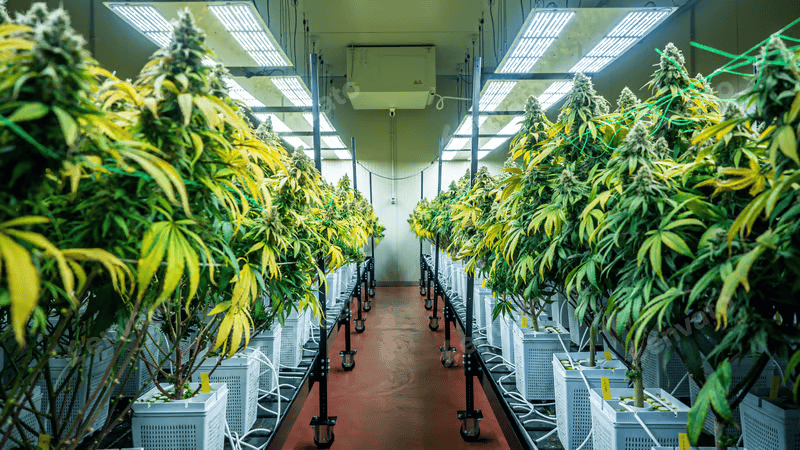Will Big Pharma Kill Federal Cannabis Legalization?
Two thirds of Americans supporting legalization and cannabis
being at least partially legal in 33 states, legalization at the federal level seems little more than a pipe dream as legislation continues to stall in Congress. But while some point to in-fighting among politicians, the real hindrance could be far more nefarious. Big Pharma has huge financial incentive to oppose federal legalization. As some of the only legal drug dealers nationwide, giant pharmaceutical companies now find themselves in something of a turf war against natural, effective and inexpensive botanical cannabis, with billions of dollars at stake.
Research shows that in states that have legalized MMJ, prescriptions for traditional medications have dropped substantially across all conditions that cannabis is known to treat, while the decrease in prescribed opioids has been especially precipitous. One
study suggests that cannabis could snatch more than $4 billion every year from the pharmaceutical industry. And with large numbers of cannabis users stating they would give up their prescription medications in favor of the plant, Big Pharma seems locked and loaded to defend their bottom line.
While some may surmise that growing acceptance of cannabis might open the door to competition from pharmaceutical companies hoping to get in on the action, this seems less likely to be the case in light of sheer economics: It's much more difficult to compete when your product is thousands of times more expensive. Epidiolex, a pharmaceutical CBD treatment for epilepsy in children, for example, costs
$32,500 per year. Compare that to an average price of $1,386 per pound of cannabis and it becomes abundantly clear why Big Pharma would rather quash legalization than compete with a drastically cheaper – and probably much safer – option.
And at the helm of a trillion-dollar industry, they have the resources to influence lawmakers to keep cannabis illegal. The pharmaceutical industry has spent nearly $2.5 billion on lobbying over the past decade, assigning approximately 2.5 lobbyists to every senator and congressperson.
With their hands so deep in the pockets of nearly the entire legislative body, it should come as no surprise that Big Pharma is firmly in control of the fate of cannabis on the grandest scale.
What do you think? Do you think cannabis will one day be federally legal? Or do you believe Big Pharma will continue to dictate the fate of our beloved plant? Let us know in the comments.
ADDITIONAL RECENT POSTS

By Megan Pursynski
•
February 15, 2026
You’ve just wrapped a beautiful day hiking Annadel or sipping Pinot in Sonoma or wandering the farmers’ market, only to have your mind still spinning like fog rolling through the valley. We all know that feeling! That’s where cannabis for meditation steps in, not as some magic fix, but as a thoughtful tool to help you drop deeper into the present. We’re not saying cannabis replaces your meditation cushion (mindfulness is the real boss), but when used thoughtfully, it can be that gentle nudge toward quieter thoughts and bigger awareness. Think of it like adding a dash of local honey to your tea: subtle, natural, and oh-so-Sonoma. Curious how a subtle dose can quiet the noise and amplify the peace? Let’s explore it.








